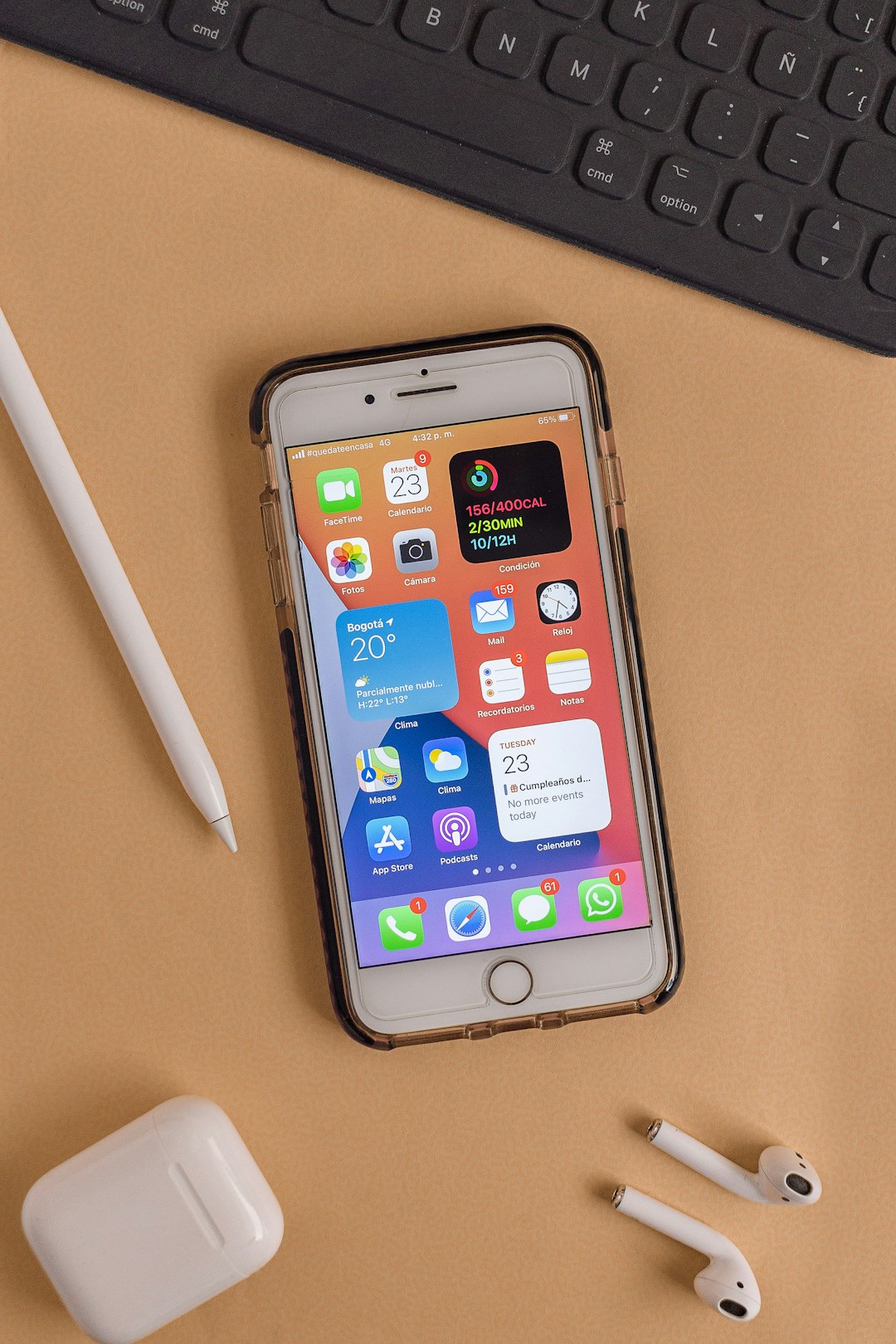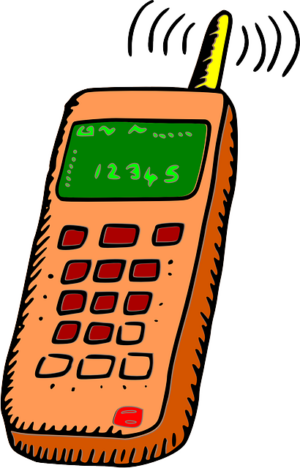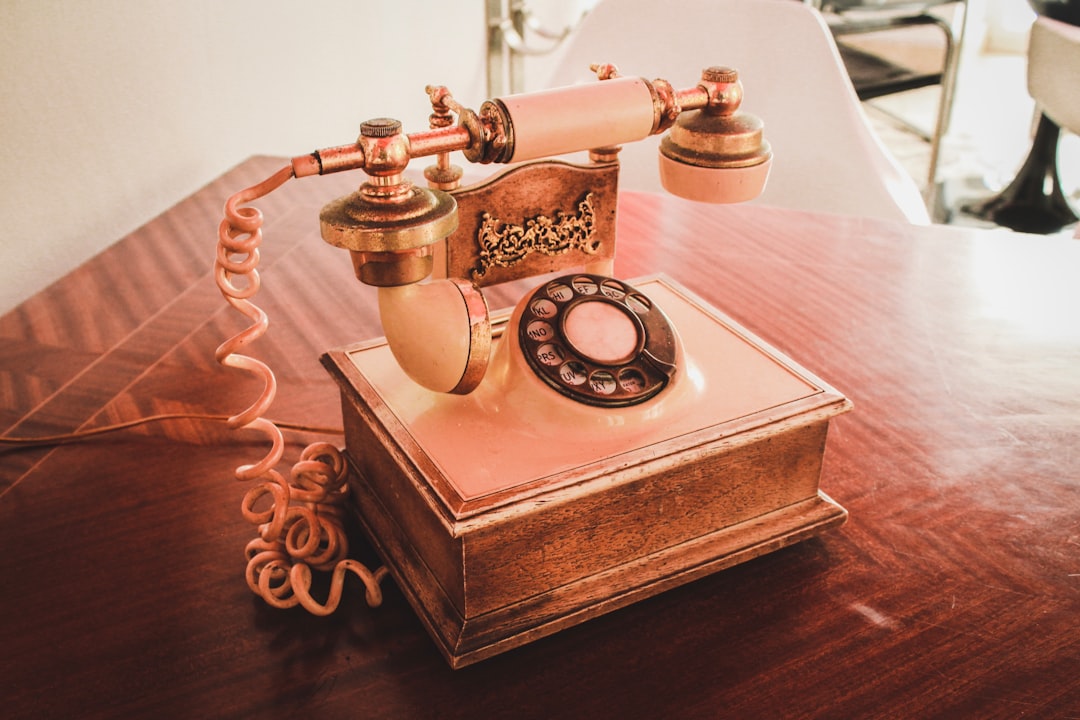In Maine, autodialing is regulated by federal (TCPA) and state laws to protect residents from unwanted phone calls. Consumers can consult a lawyer for autodialer Maine to enforce their rights against abusive calling practices, seek compensation, and ensure businesses comply with fair business conduct standards.
In Maine, as across the nation, the rise of automated dialing (autodialing) has sparked heated debates due to its potential to infringe on consumer privacy. This article delves into the intricacies surrounding autodialing practices in Maine, focusing on legal implications and consumer protections. From understanding what autodialing entails to exploring when it crosses the line into harassment, readers will gain valuable insights with a focus on local laws. If you’re seeking guidance as a consumer or considering hiring a lawyer for autodialer issues in Maine, this is essential reading.
What is Autodialing and Why Is It Controversial?
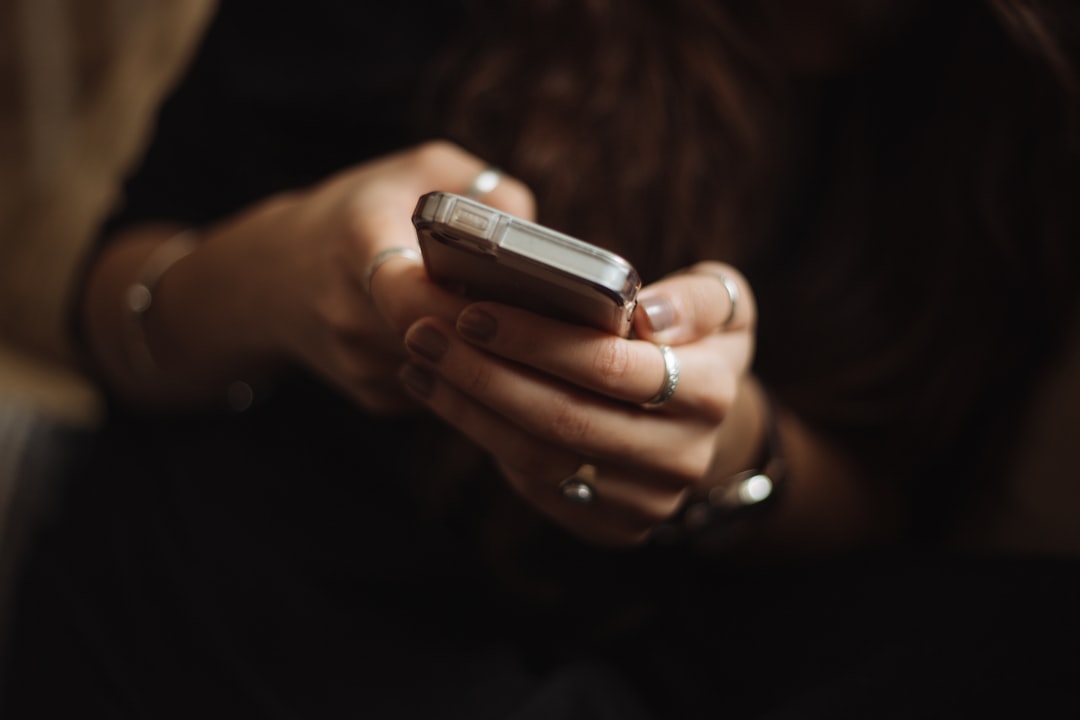
Autodialing, also known as automated calling or robocalling, is a technique used by businesses and organizations to make bulk phone calls to potential customers or clients. This technology allows for automatic dialing, pre-recorded messages, and personalized content delivery through telephone networks. While it can be an efficient marketing tool, especially for reaching large audiences, autodialing has sparked controversy due to concerns over consumer privacy and consent.
In Maine, as in many other states, the use of autodialers is regulated by laws designed to protect citizens from unsolicited calls. The practice has been criticized for its potential to infringe upon personal privacy, cause annoyance or harassment, and even contribute to fraud. Consumers often find these automated calls intrusive, especially when they receive them at inconvenient times or without prior consent. As a result, many individuals are seeking legal assistance from a lawyer for autodialer Maine to understand their rights and take action against abusive calling practices.
Legal Landscape: Maine's Position on Automated Calling
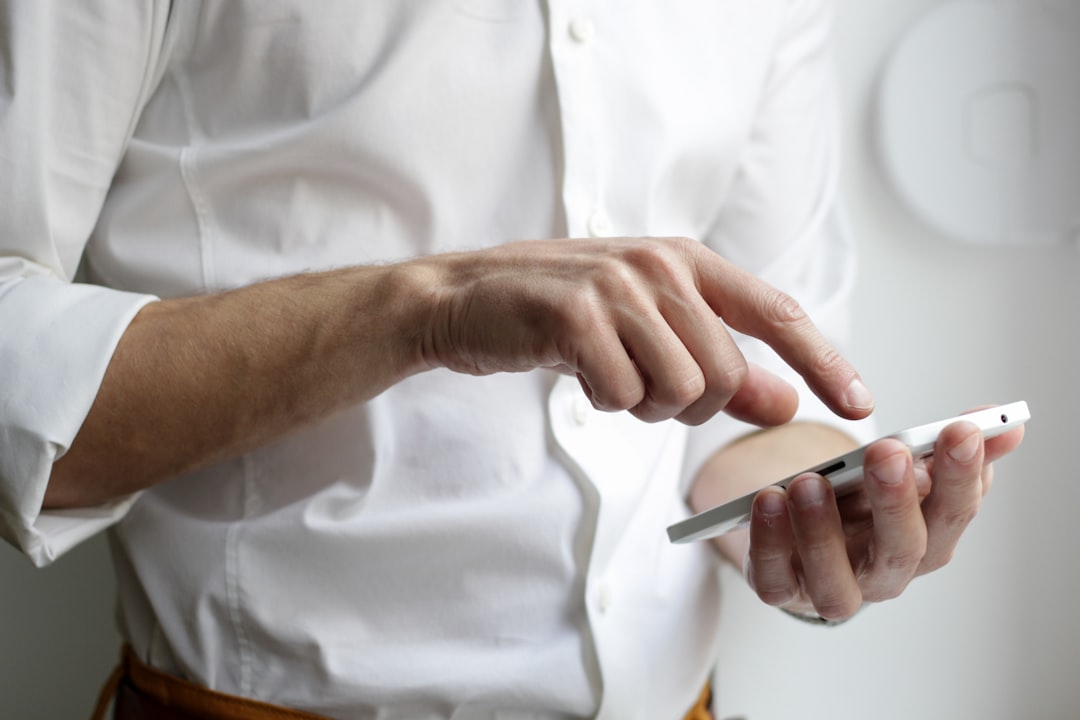
In Maine, the legal landscape regarding automated calling, or autodialing, is governed by state and federal regulations designed to protect consumers from unwanted and intrusive phone calls. The Telephone Consumer Protection Act (TCPA) at the federal level sets strict guidelines on how businesses can use automatic dialing systems. In Maine, additional protections are provided under the state’s Unfair or Deceptive Acts statute, which prohibits companies from engaging in unfair practices in their marketing efforts, including excessive or nuisance calling.
If you’re a resident of Maine and have been subjected to unauthorized or harassing autodialing, it’s advisable to consult with a lawyer specializing in consumer protection law or autodialer cases. A lawyer for an autodialer in Maine can help you understand your rights under the TCPA and state laws, and guide you through any legal actions that may be necessary to stop unwanted calls and seek compensation if applicable.
Consumer Protection Laws and Their Impact on Autodialers
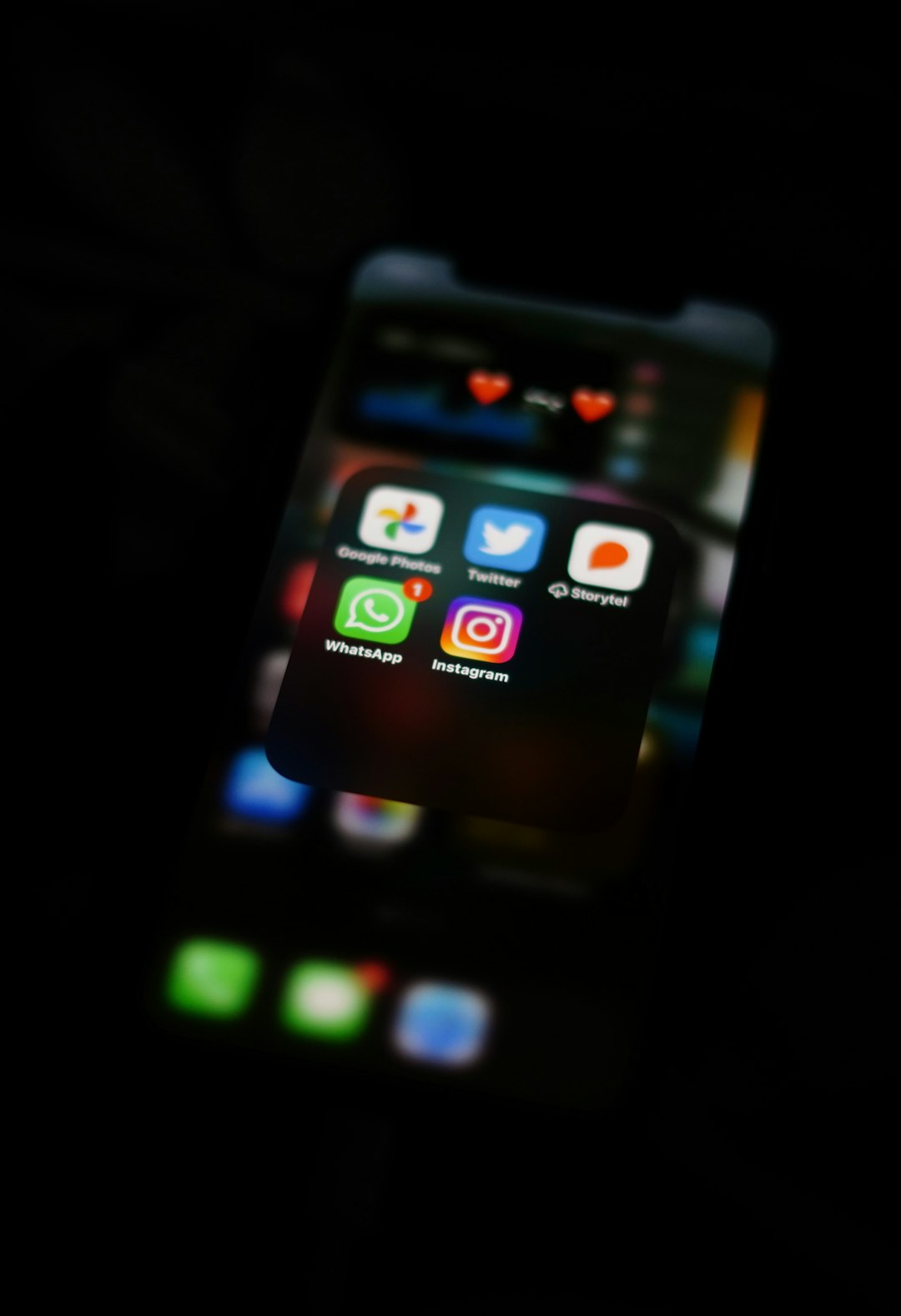
In Maine, consumer protection laws play a pivotal role in regulating the practices of autodialers to safeguard residents from unwanted and harassing phone calls. These laws are designed to ensure fair and ethical business conduct, particularly when it comes to automated dialing systems used for telemarketing or marketing purposes. A lawyer for autodialer in Maine can provide valuable insights into navigating these regulations.
The Telephone Consumer Protection Act (TCPA) is a federal law that restricts the use of automatic dialers and prerecorded messages without prior express consent. It also mandates disclosure requirements for certain phone calls, further protecting consumers from deceptive practices. Maine has also implemented its own consumer protection regulations, ensuring that autodialers adhere to strict guidelines, including restrictions on call frequency and time of day, to prevent nuisance calls. A lawyer specializing in this area can help businesses understand and comply with these laws, avoiding potential penalties and fostering trust with their customers.
When is Autodialing Considered Harassment in Maine?
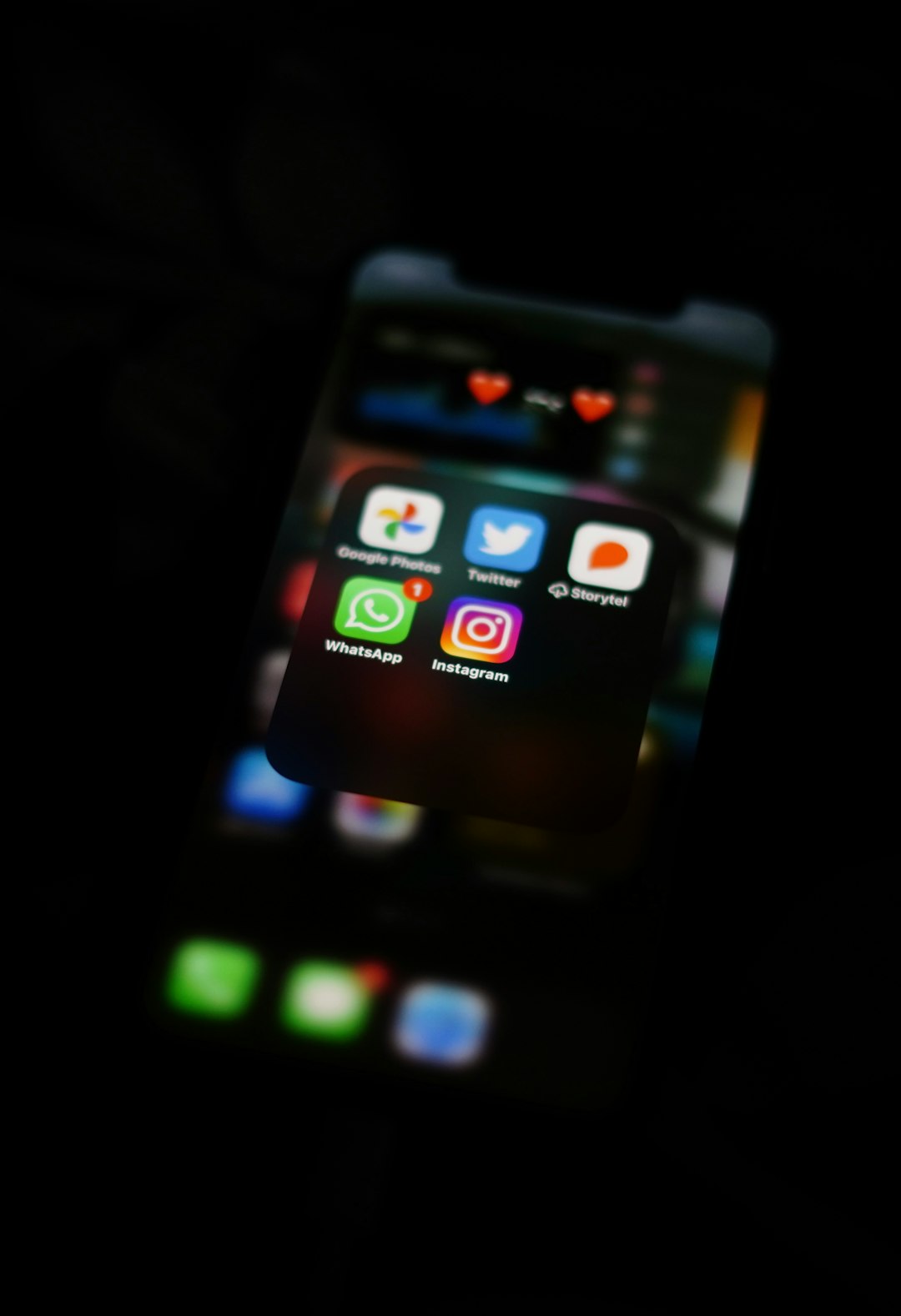
In Maine, autodialing can be considered harassment under certain circumstances. When a caller uses an automatic dialing system or prerecorded messages to make repeated unwanted calls, it may violate state laws and constitute harassment. The frequency and purpose of these calls play a significant role in determining whether they cross the line. For instance, if a consumer receives multiple autodialed calls per day promoting a specific product or service despite having requested not to be contacted, it could lead to legal action against the caller.
Seeking legal counsel from an experienced lawyer for autodialer Maine is advisable if you find yourself on the receiving end of such harassing calls. They can help protect your rights and navigate the complexities of Maine’s consumer protection laws to ensure the callers are held accountable for their actions.
